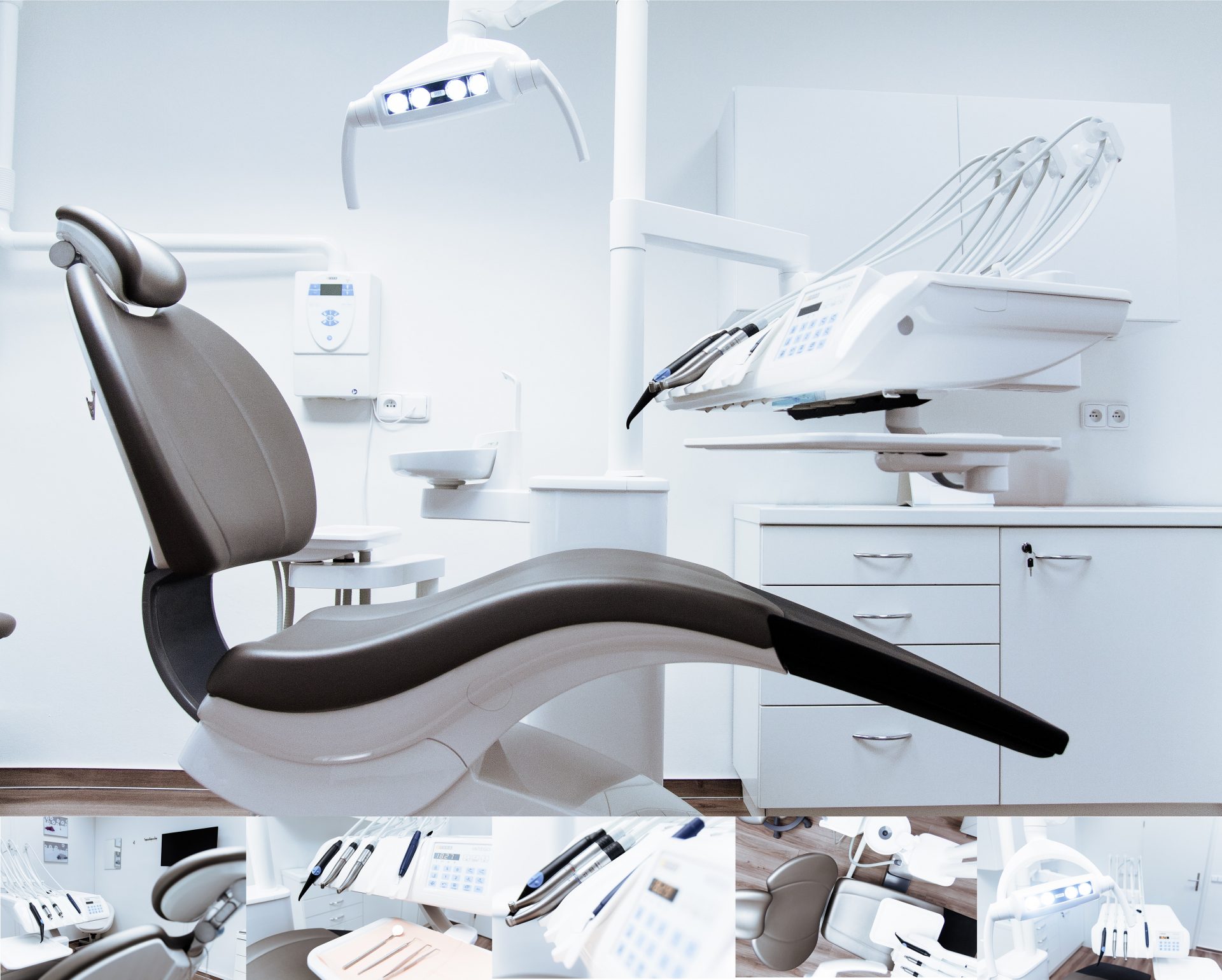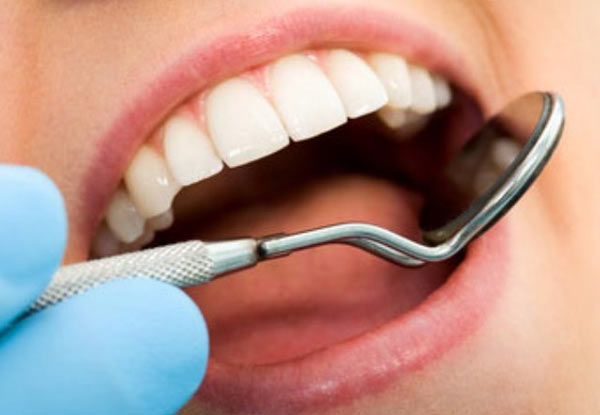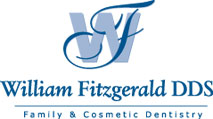Cleaning and Prevention of Dental Diseases
A preventive program is a cooperative effort by the patient, dentist, and dental staff to preserve the natural dentition and supporting structures by preventing the onset, progress, and recurrence of dental diseases and conditions.
Preventing dental disease starts at home with good oral hygiene and a balanced diet. It is continued in the dental office by the efforts of your dentist and dental hygienist to promote, restore, and maintain your oral health.
Prevention also includes regular dental exams, cleanings, and x-rays. Sealants and fluoride are also great preventive treatments that help protect the teeth.
Prevention helps avoid serious and costly dental problems and is the key to having a healthy, confident, beautiful smile.
Get a comprehensive dental examination done by Dr. Fitzgerald at your initial dental visit.

Cleaning and Prevention
Dental Examination
A comprehensive dental exam will be performed by Dr. Fitzgerald at your initial dental visit. At regular check-up exams, your dentist and hygienist will include the following:
- Examination of diagnostic X-rays (radiographs): Essential for detection of decay, tumors, cysts, and bone loss. X-rays also help determine tooth and root positions.
- Oral cancer screening: Check the face, neck, lips, tongue, throat, tissues, and gums for any signs of oral cancer.
- Gum disease evaluation: Check the gums and bone around the teeth for any signs of periodontal disease.
- Examination of tooth decay: All tooth surfaces will be checked for decay with special dental instruments.
- Examination of existing restorations: Check current fillings, crowns, etc.
Professional Dental Cleaning
Professional dental cleanings (dental prophylaxis) are performed by a Registered Dental Hygienists. Your cleaning appointment will include a dental exam and the following:
Removal of calculus (tartar): Calculus is hardened plaque that has been left on the tooth for some time and is now firmly attached to the tooth surface. Calculus forms above and below the gum line and can only be removed with special dental instruments.
Removal of plaque: Plaque is a sticky, almost invisible film that forms on the teeth. It is a growing colony of living bacteria, food debris and saliva. The bacteria produce toxins (poisons) that inflame the gums. This inflammation is the start of periodontal disease!
Teeth polishing: Remove stain and plaque that is not otherwise removed during tooth brushing and scaling.
Get a dental X-rays done during a regular dental exam in-order to detect hidden dental problems.
Check our detail post on: Common Dental Problems and Their Treatment

Dental Exams and Cleanings
Dental Radiography (X-Rays)
Dental radiographs (x-rays) are essential, preventative, diagnostic tools that provide valuable information not visible during a regular dental exam. Dr. Fitzgerald and our team of dental hygienists use this information to safely and accurately detect hidden dental abnormalities and complete an accurate treatment plan. Without x-rays, problem areas may go undetected.
Your local family dentist in Murfreesboro TN – Dr. William Fitzgerald.
Dental X-rays may reveal:
- Abscesses or cysts.
- Bone loss.
- Cancerous and non-cancerous tumors.
- Decay between the teeth.
- Developmental abnormalities.
- Poor tooth and root positions.
- Problems inside a tooth or below the gum line.
Detecting and treating dental problems at an early stage can save you time, money, unnecessary discomfort, and your teeth!
Are dental X-rays safe?
We are all exposed to natural radiation in our environment. The amount of radiation exposure from a full mouth series of x-rays is equal to the amount a person receives in a single day from natural sources.
Dental x-rays produce a low level of radiation and are considered safe. Dentists take necessary precautions to limit the patient’s exposure to radiation when taking dental x-rays. These precautions include using lead apron shields to protect the body and using modern, fast film that cuts down the exposure time of each x-ray. We also use digital x-ray equipment which limits the amount of radiation exposure to you.
How often should dental X-rays be taken?
The need for dental x-rays depends on each patient’s individual dental health needs. Your dentist and dental hygienist will recommend necessary x-rays based on the review of your medical and dental history, dental exam, signs and symptoms, age consideration, and risk for a disease.
A full mouth series of dental x-rays is recommended for new patients. A full series is usually good for three to five years. Bite-wing x-rays (x-rays of top and bottom teeth biting together) are taken at recall (check-up) visits and are recommended once or twice a year to detect new dental problems.













